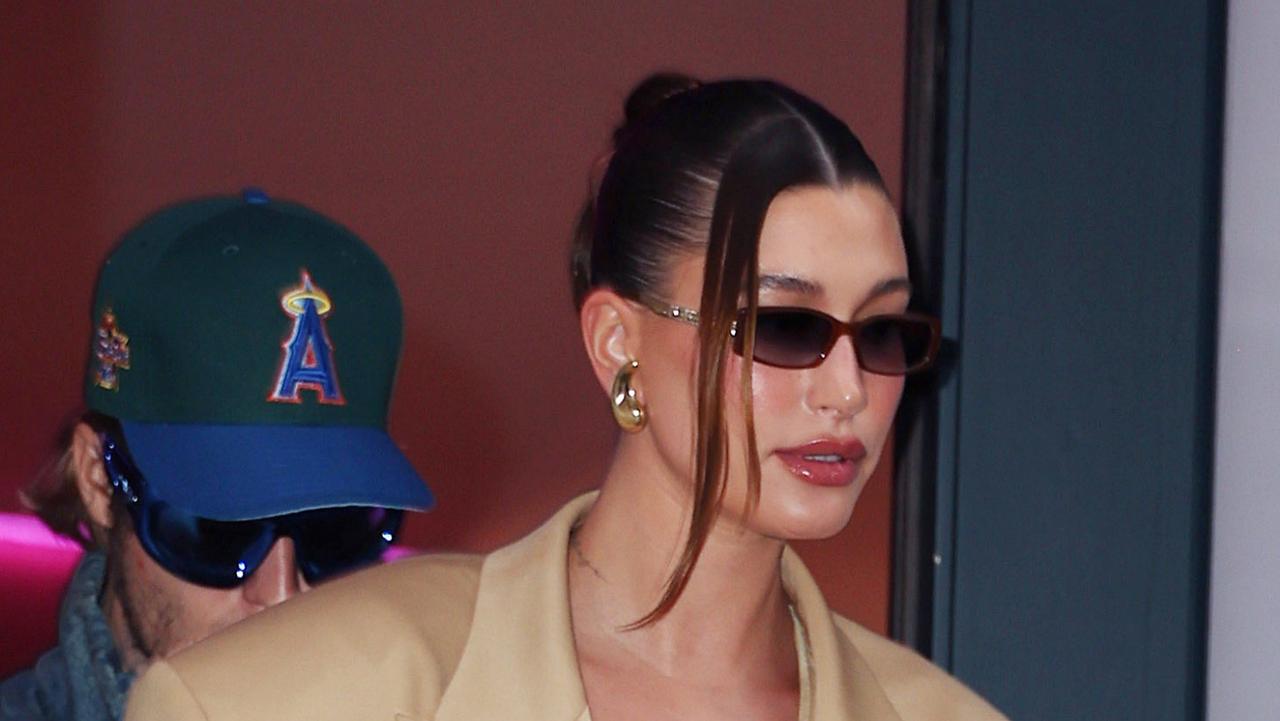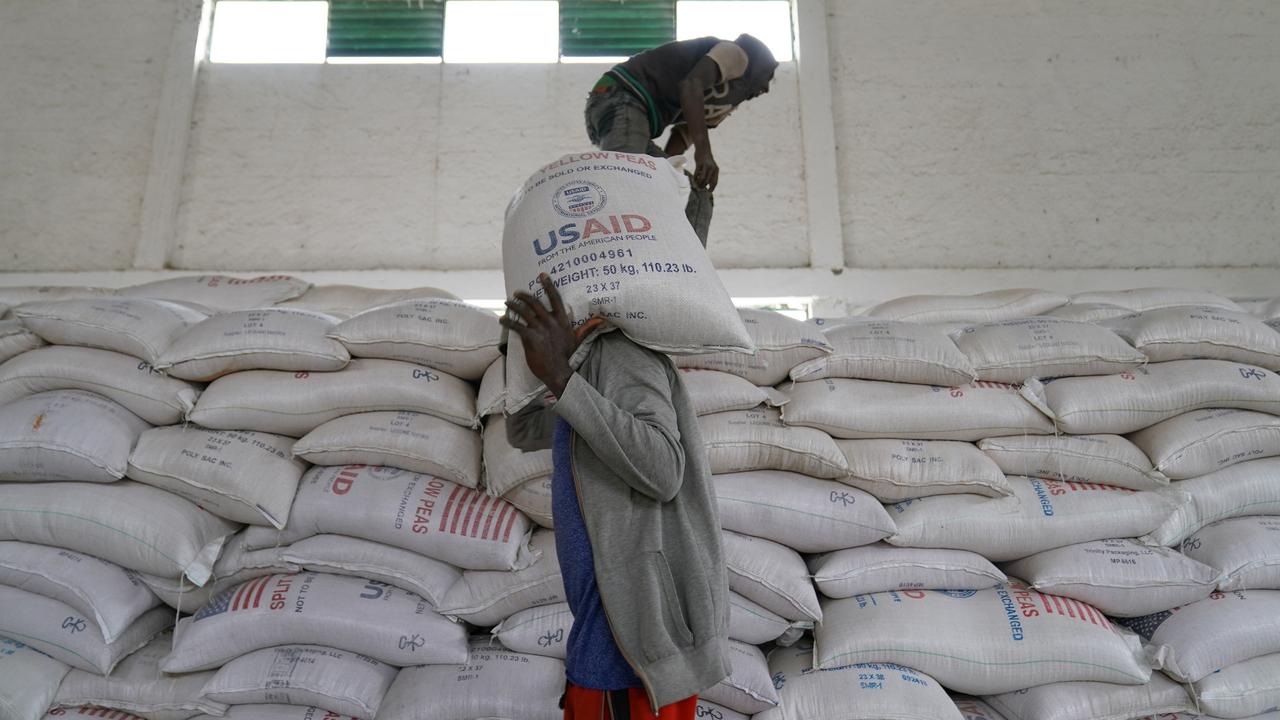Emmanuel Macron calls for unity in France
French President Emmanuel Macron began his second term at the weekend with a call for unity in a country shaken by geopolitical crises.
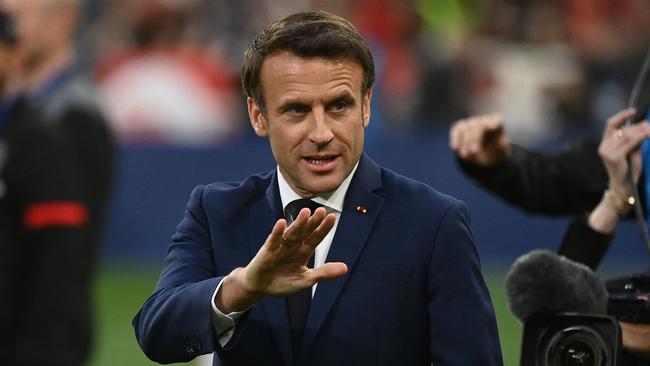
French President Emmanuel Macron began his second term at the weekend with a call for unity in a country shaken by geopolitical crises from the war in Ukraine to the Covid-19 pandemic.
In an inaugural speech delivered inside the gilt interiors of the Elysee Palace, Mr Macron pledged to turn the page on his first term, in which he wielded authority without building political consensus.
The heavy-handed approach allowed Mr Macron to implement overhauls to France’s economy while also alienating left-leaning voters he now needs to secure a majority in June’s parliamentary elections.
“The French people didn’t prolong my previous mandate,” Mr Macron said. “This new people, different from five years ago, has given a new president a new mandate.”
The war in Ukraine loomed large over Mr Macron’s inauguration. The conflict has helped fuel record inflation that has fallen hardest on middle- and working-class French. He has played a lead role in shepherding European sanctions aimed at cutting Russia off from the global financial system. France has also sent weapons and financial aid to Kyiv as part of a European campaign to counter Russian aggression.
On Saturday (Sunday (AEST), Mr Macron evoked his long-term goal of building a new architecture of European security and defence, a push that is opposed by European countries on the eastern front of NATO.
Mr Macron pledged “resolute action for France and for Europe, first to avoid any escalation following the Russian aggression in Ukraine, and to have the courage to build a new European peace and new autonomy on our continent”.
First, he needs to shore up support at home.
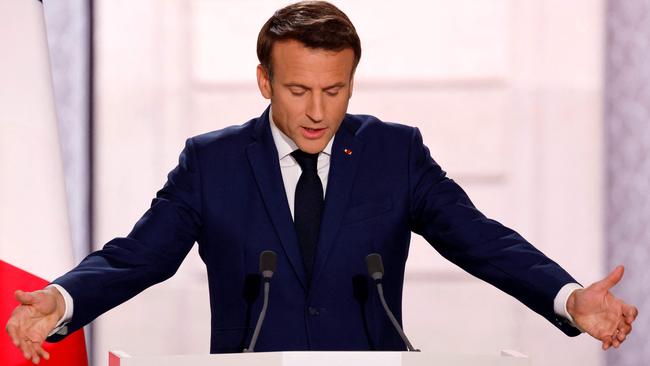
His re-election last month made him the first French leader in two decades to attain a second term in office. Many French who cast ballots for him, however, did so only to bar Marine Le Pen – a far-right, anti-immigrant nationalist – from France’s highest office.
“The French people made the choice of a clear and explicit project for the future. A Republican and European project. A project for independence in a destabilised world,” Mr Macron said.
Since his re-election, the President has moved to rebuild his coalition, forging an alliance with centrist parties and rebranded his party as “Renaissance”.
A collapse in support for the establishment parties that governed France for decades, however, has also driven many voters to the far-left and far-right. The increasing polarisation has made it harder for Mr Macron to govern as a centrist.
Still, his party is expected to ride his coat tails to victory in the parliamentary races.
Ms Le Pen’s anti-immigrant party, National Rally, isn’t expected to win a majority, though it could pick up some seats, according to analysts.
Her party holds only seven of the 577 seats in France’s National Assembly, even though she also finished the 2017 presidential race in second place.
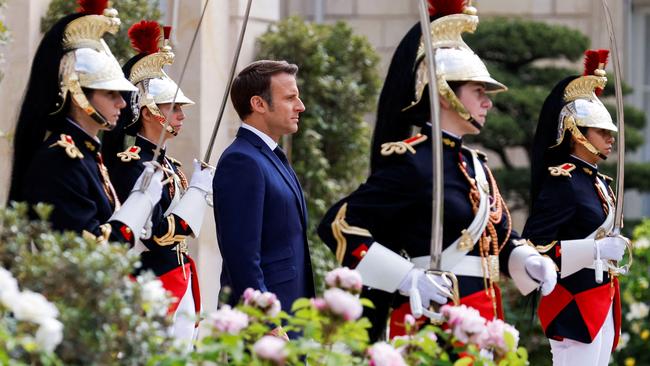
Mr Macron faces a challenge, however, from far-left firebrand Jean-Luc Melenchon, who has managed to corral France’s leftist parties ahead of the parliamentary elections.
Last week Mr Melenchon reached agreements with the Socialist Party, the Greens and France’s Communist Party that divvied up district races across the country.
The move will give voters the choice of a single leftist candidate in the June election as opposed to the myriad leftists who appeared on the presidential ballot.
If Mr Melenchon’s leftist coalition manages to win a majority in parliament, it could force Mr Macron to pick him as prime minister, a power-sharing arrangement known as cohabitation.
The Wall Street Journal

